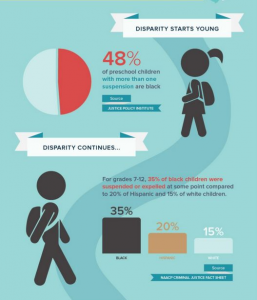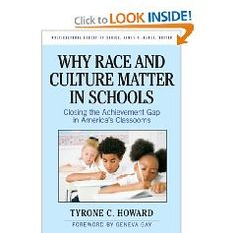A new book contends that children understand a lot more than adults think. Free of the “realism” that filters most adult’s creative thinking, children seem to gobble up the most esoteric mental meals. Developing this plethora of intellectual real estate should be every parent’s goal. In her enchanting interpretation of an ancient Polynesian tale, author Christina Hanser makes this task easy and fun as she revels her own version of The Secret in her book, The Law of Attraction for Children
 The Law of Attraction for Children is based on the ancient tale of the Huna philosophy of Polynesia. The tale, passed down from generation to generation by the Kahunas (priests and priestesses who were keepers of “the secret”), lays out the fundamental idea in Huna philosophy – that we create our experience of reality. In short, we are co-creators with the universe.
The Law of Attraction for Children is based on the ancient tale of the Huna philosophy of Polynesia. The tale, passed down from generation to generation by the Kahunas (priests and priestesses who were keepers of “the secret”), lays out the fundamental idea in Huna philosophy – that we create our experience of reality. In short, we are co-creators with the universe.
The Huna is a knowledge that comes from the oldest inhabitants of the earth. Its origins date back to the lost continent of Mu, also known as Lemuria. In fact, “huna” means “hidden secret.”
 Imparting this knowledge in a charming storyline, The Law of Attraction for Children follows Thaynna, a little girl growing up in Polynesia, who learns the law of attraction. In following Thaynna, young readers learn how to use their creative minds to facilitate their daily lives.
Imparting this knowledge in a charming storyline, The Law of Attraction for Children follows Thaynna, a little girl growing up in Polynesia, who learns the law of attraction. In following Thaynna, young readers learn how to use their creative minds to facilitate their daily lives.



 The ACLU argues that race also plays a factor in the findings. Mark P. Fancher, ACLU of Michigan Racial Justice Project staff attorney and principal author of the report, said “we found that black kids are consistently suspended in numbers that are considerably disproportionate to their representation in the various student populations.”
The ACLU argues that race also plays a factor in the findings. Mark P. Fancher, ACLU of Michigan Racial Justice Project staff attorney and principal author of the report, said “we found that black kids are consistently suspended in numbers that are considerably disproportionate to their representation in the various student populations.” While I am sympathetic to the points made by the ACLU, I think they go too far. While I understand the notion that students who present discipline problems are entitled to an education, I would also argue that all students have a right to an education. This education should be free from distraction, harassment and violence caused by other students. The ACLU’s recommendation that only firearm offenses should be subject to automatic expulsions is absurd. Under the ACLU’s position, students in school should feel safe from gun violence, but expulsion for a good old fashioned knife fight (ala West Side Story) is going too far. The simple truth is students who are disruptive and violent should be removed from the classroom to give an opportunity for the rest of the students to have a quality education. We should not hinder the entire student body’s education because of a few bad apples.
While I am sympathetic to the points made by the ACLU, I think they go too far. While I understand the notion that students who present discipline problems are entitled to an education, I would also argue that all students have a right to an education. This education should be free from distraction, harassment and violence caused by other students. The ACLU’s recommendation that only firearm offenses should be subject to automatic expulsions is absurd. Under the ACLU’s position, students in school should feel safe from gun violence, but expulsion for a good old fashioned knife fight (ala West Side Story) is going too far. The simple truth is students who are disruptive and violent should be removed from the classroom to give an opportunity for the rest of the students to have a quality education. We should not hinder the entire student body’s education because of a few bad apples.